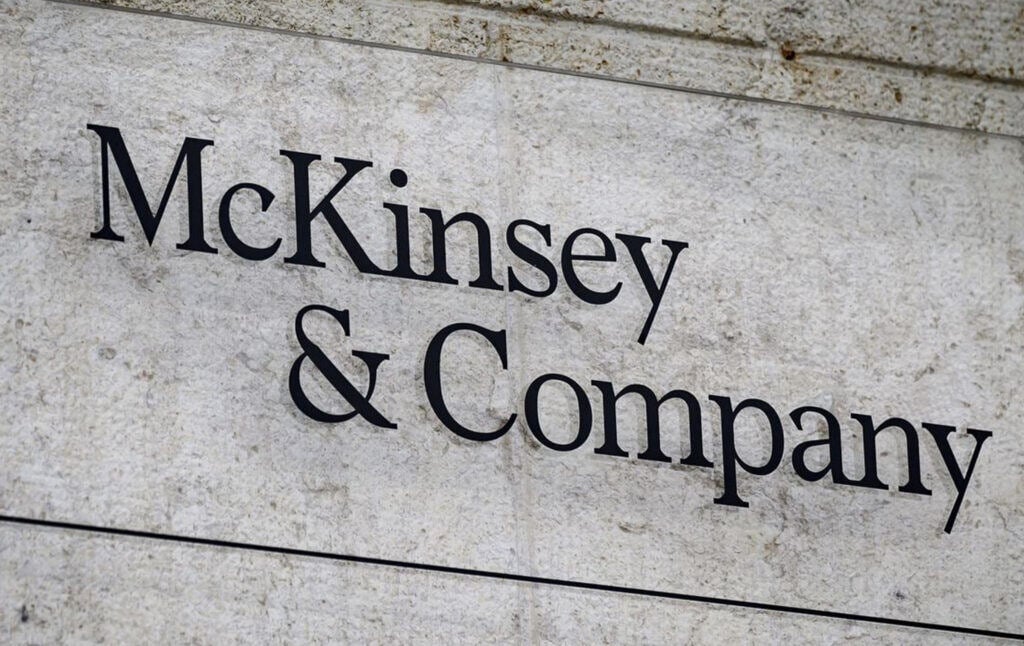Even as AI companies are looking to build and iterate on their AI models, non-AI companies are also launching AI models for their own internal use-cases.
McKinsey has built an AI chatbot named Lilli that is trained on the firm’s entire body of intellectual property spanning across 100 years and 100,000 documents, Business Insider reports. The chatbot was first rolled out in 2023, and is now used by 70 percent of the company’s 45,000 employees. McKinsey employees who use the Lilli chatbot use it for as many as 17 times a week.

McKinsey employees enter their requests into Lilli, which aggregates the key points, identifies five to seven relevant internal content pieces, and points users to appropriate experts within the firm. Users can opt to have queries answered by the firm’s internal knowledge repository or external sources. Lilli can also parse Powerpoint files, where most of the company’s knowledge base resides.
McKinsey consultants use the the chatbot for research, summarizing documents, analyzing data, and brainstorming. McKinsey says that employees saved 30% of their time using Lilli, and saw a 20% improvement in content quality and accuracy. Lilli is already answering 500k queries per month.
Lilli isn’t the only AI tool that McKinsey has employed. It also has an AI agent named Tone of Voice that fixes the writing in the company’s reports to make it align with the company’s writing style.
Interestingly, McKinsey consultants don’t have access to ChatGPT, likely over data security issues. As such, the company seems to have created its own AI chatbot that helps consultants give better advice to clients.
Consulting is one of the fields that looks likely to be impacted by AI. Even in its early days, ChatGPT had been able to solve McKinsey case studies, and newer iterations of AI models, such as deep research, can do even better, and generate detailed reports on any issue or topic in seconds. With such powerful tools freely available, it does make sense for McKinsey to leverage its internal data to build a chatbot for its employees. But given the pace at which AI is progressing, it remains to be seen how long such internal datasets can outperform generalized AI models which seem to be becoming cheaper and more capable with each passing day.